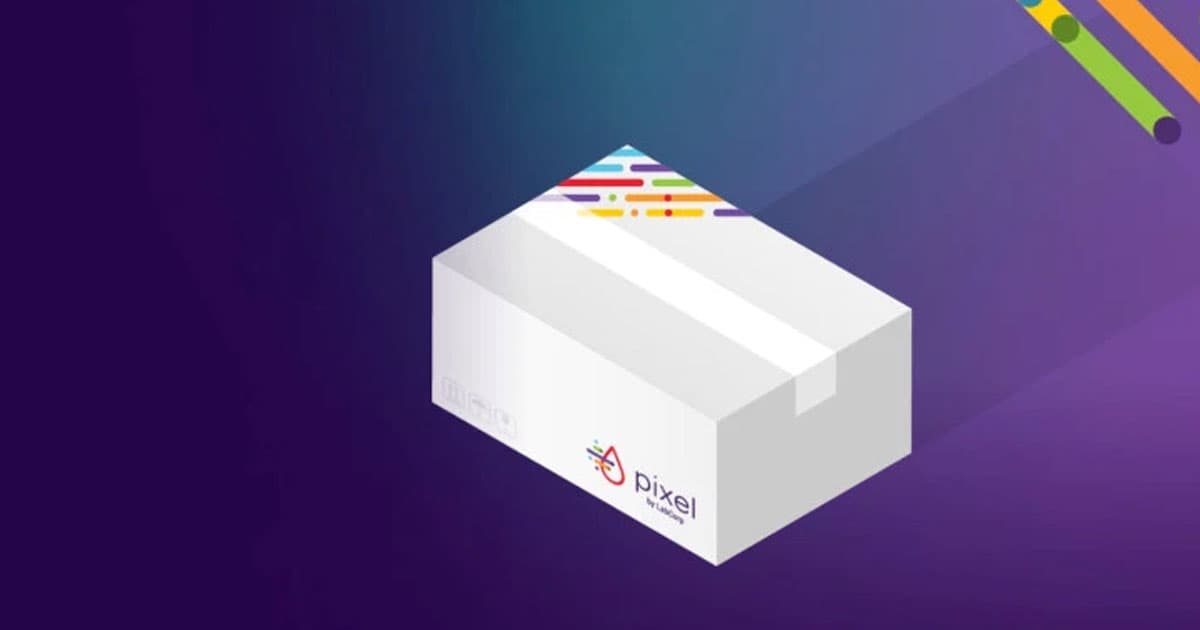The US Food and Drug Administration has authorized the "first test for patient at-home sample collection" for COVID-19.
The $119 at-home diagnostic test, called the COVID-19 RT-PCR Test and produced by the Laboratory Corporation of America (LabCorp)'s consumer-facing brand Pixel, is meant to make it easy for people to check if they're positive for the coronavirus from safety of home.
At-home test kits have some key advantages: they reduce the need for personal protective equipment, which is in extremely short supply, and protect healthcare workers at the frontlines.
"Throughout this pandemic we have been facilitating test development to ensure patients access to accurate diagnostics, which includes supporting the development of reliable and accurate at-home sample collection options," FDA Commissioner Stephen Hahn in a statement.
"The FDA’s around-the-clock work since this outbreak began has resulted in the authorization of more than 50 diagnostic tests and engagement with over 350 test developers," Hahn added.
The test kits will be "available to consumers in most states, with a doctor’s order, in the coming weeks," according to the FDA.
People will have to swirl a cotton swab inside their nose to collect a fluid sample, which will then need to be sent to a lab for testing. The method differs from samples taken by healthcare professionals, who usually take samples from the back of the nose cavity — an uncomfortable process — though one preliminary analysis shows the two types of test to be similar in accuracy.
Despite a number of startups having brought at-home test kits to market, Pixel's is the first to receive a stamp of approval from the FDA.
Testing is crucial for the country to return to at least some degrees of normalcy. A new report suggested the United States need to do "20 million tests per day by mid-summer to fully re-mobilize the economy."
But the country is falling far short as of right now. According to the COVID Tracking Project, only an average of 146,000 people per day have been tested in the US in April.
Share This Article

READ MORE: First at-home COVID-19 testing kit authorized by the FDA [The Verge]

More on the virus: FOR SALE: TESTS THAT SAY WHETHER YOU’VE EVER HAD COVID-19
